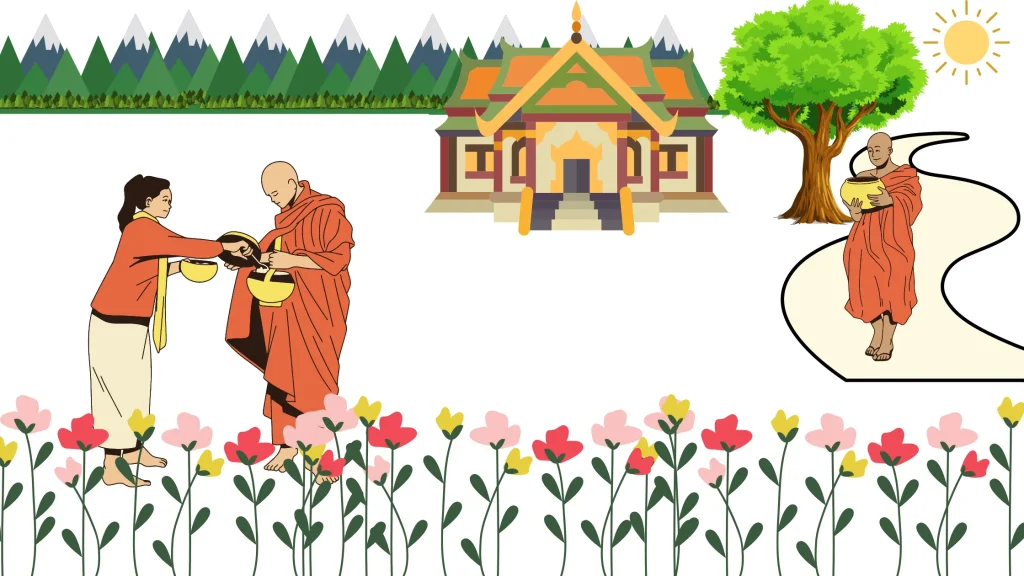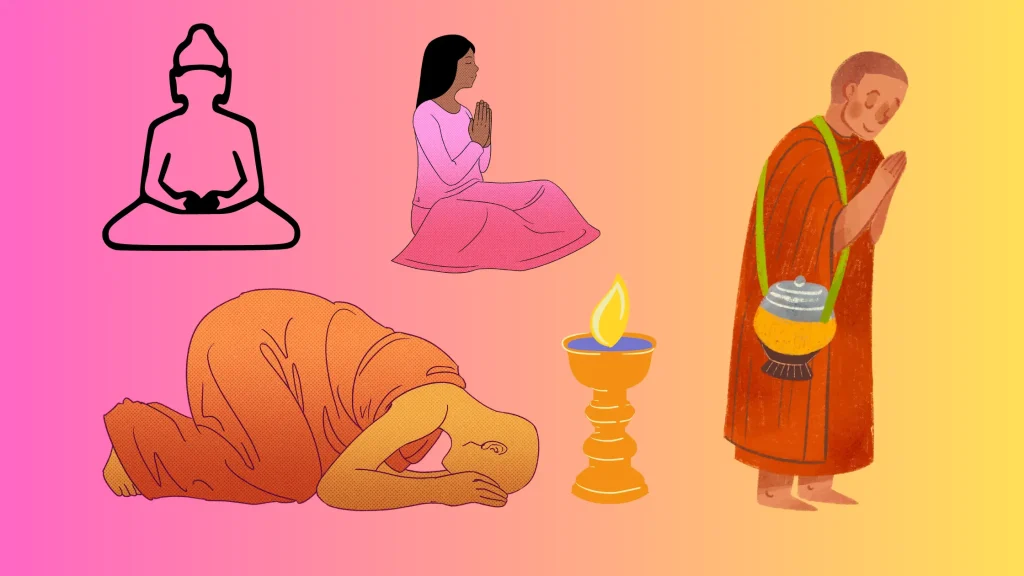Bridging the gap: Eastern theology principles challenge and enrich the Western narrative

The theology of eastern principles provide a distinct and deep view of spirituality that differs from more well-recognized Western traditions. The belief in the interconnection of all entities and the concept that everything is part of a larger whole are central to Eastern religion. This notion emphasizes the necessity of unity and harmony in all parts of life. Furthermore, Eastern theology emphasizes the notion of the divine presence inside each person, emphasizing the individual spirit’s capacity for enlightenment and growth in spirit.
This, in turn, stimulates introspection and self-reflection as a method of cultivating spiritual awareness and development. Furthermore, Eastern theology emphasizes the ancient knowledge found in holy scriptures such as the Bhagavad Gita, the Tao Te Ching, and the works of the Sufi mystics. These writings provide a complex tapestry of teachings that educate people on their spiritual journeys, inviting them to dive deep into their own awareness in quest of divine truth. As a result, Eastern theological concepts may provide substantial direction and inspiration to people seeking a better knowledge of spirituality and a more meaningful relationship to the holy.
Western theology and traditions, which place a strong emphasis on reason, methodical investigation, and theological frameworks with roots in Greek philosophy, have significantly influenced theological discourse. Yet, in recent years, there has been an increased understanding of the necessity to embrace Eastern theology in order to provide a more complete and balanced viewpoint to religious dialogue. This is due to the fact that Eastern theology has been shown to have positive effects. In this article, we explore how Eastern theology enriches the narrative of Western theology by offering unique insights, emphasizing experiential knowledge, and embracing a holistic approach to spirituality. We do this by comparing and contrasting the two traditions’ respective perspectives on the nature of spirituality.
With the study of Eastern theology, Western religious traditions are able to broaden their concept of spirituality beyond the sphere of intellectual argument and into the world of human experience. The transformational impact of spiritual activities and the development of inner knowledge are given a significant amount of weight in Eastern theological thought, which has the potential to significantly enrich theological conversation in Western cultures. Additionally, Eastern theology’s holistic perspective promotes a more comprehensive understanding of spirituality within the broader context of human existence by acknowledging the interconnectedness of all facets of life. This is because Eastern theology acknowledges that everything in life is connected to everything else.

Accepting the Mystical Dimensions: One of the most important things that Eastern theology has brought to the table is the stress that it places on the mystical aspects of spirituality. Eastern religious traditions, such as Hinduism, Buddhism, and Taoism, investigate the world of direct experience and personal realization, in contrast to the tendency of Western theology to center its attention on intellectual argumentation and theological ideas. Because of this transition, people now have the opportunity to establish a deeper relationship with the divine via disciplines such as meditation, contemplation, and mindfulness.
Re-think in a way that is Non-Dualistic: The non-dualistic approach that Eastern theology brings about calls into question the dualistic frameworks that are prevalent in Western philosophy. The interconnectivity and interdependence of all things is something that transcends the limits of good and evil, of the self and others, and of the physical body and the spiritual self, according to the traditions of the East. This non-dualistic mentality helps to cultivate a feeling of wholeness and harmony, pushing people to look beyond superficial differences and adopt a more comprehensive perspective on the nature of reality.
Bringing the Mind, Body, and Spirit Together:

Eastern theology places a strong emphasis on the union of the mind, body, and spirit. This approach acknowledges that genuine spirituality goes beyond the realm of intellectual dialogue. Certain practices, such as yoga, qigong, and tai chi, encourage the harmonious unification of these qualities, which in turn fosters physical well-being, mental clarity, and spiritual development. By embracing these activities, Eastern theology provides a more embodied approach to spirituality, which acts as a counterbalance to the intellectualism that is emphasized in Western theology.
Ancient texts are a source of wisdom: The theological traditions of the East have preserved a large number of ancient manuscripts and scriptures, many of which provide significant insights on the essence of life, ethics, and the flourishing of humans. A few examples of works that convey profound intellectual and spiritual knowledge are the Bhagavad Gita, the Tao Te Ching, and the Buddhist Sutras. Western theologians may have access to other viewpoints on theological themes by interacting with these books, which will widen their knowledge of these topics.
Environmental Consciousness:

A profound love for nature and the interconnection of the natural world is often seen in eastern theological thought. Hinduism’s concept of ahimsa, which translates to “non-violence,” and Buddhism’s emphasis on the interconnection of all living things both contribute to heightened environmental awareness. This focus on environmental stewardship and sustainability may serve as a vital correction to Western theology, which has frequently overlooked ecological issues. Western theology has a history of ignoring the relationship between humans and the natural world.
Pluralism and diversity in cultural expressions: A more expansive understanding of cultural variety and pluralism is brought about as a result of the incorporation of Eastern theology into the Western narrative. Because of the vastness and diversity of the world’s religious and spiritual traditions, Western theology has grown more open-minded and inclusive as a result of its adoption of Eastern ideas. This recognizes the myriad ways in which people seek and experience the divine.
Conclusion: Theological discourse benefits from having more equilibrium, depth, and richness as a result of the incorporation of Eastern theology into the Western narrative. It is possible for Western theology to broaden its knowledge of spirituality, cultivate a deeper relationship with the divine, and interact with various cultural viewpoints if it accepts the mystical, non-dualistic, and holistic characteristics of Eastern traditions. This integration supports a more holistic approach to theology, bridging the gap between academic analysis and direct experience as well as creating a harmonious and inclusive vision of what it means to be in communion with the divine.
As we continue to investigate the ways in which Eastern and Western theologies connect with one another, we open up new doorways to the development of our individual and community spirituality.




